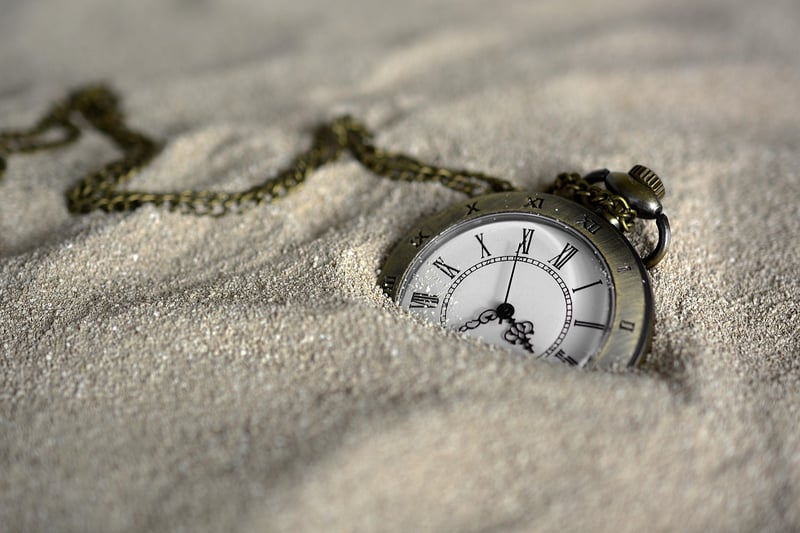Time-Travel Ethics
The Ethics of Time Travel: Navigating the Moral Quandaries
Time travel has long captured the imagination of humanity, with countless works of fiction exploring the possibilities and consequences of altering the past or future. But beyond the realm of entertainment, the concept of time travel raises profound ethical questions that challenge our understanding of morality and responsibility.
The Butterfly Effect: Ripples in Time
One of the central ethical dilemmas of time travel is the "butterfly effect," the idea that even small changes in the past can have unforeseen and potentially catastrophic consequences in the present and future. Imagine a scenario where a time traveler prevents a historical tragedy, only to inadvertently cause a different calamity in its place. Should we tamper with the past if we cannot predict the repercussions?
Preserving the Timeline: Moral Obligations
Another ethical consideration is the preservation of the timeline. If time travel were possible, should we respect the course of history as it happened, or do we have a moral duty to correct injustices and prevent suffering? The temptation to play "god" and rewrite history raises significant moral concerns about our place in the universe.
Intervention vs. Non-Interference
The age-old debate between intervention and non-interference is amplified in the context of time travel ethics. Should we use this power to prevent atrocities, save lives, and shape a better future, or is it more ethical to let events unfold naturally, accepting both the triumphs and tragedies of history?
Conclusion: Ethical Time-Travelers
As we ponder the ethical implications of time travel, one thing remains clear: with great power comes great responsibility. If time travel ever becomes a reality, we must approach its use with humility, wisdom, and a deep respect for the complexities of causality and moral agency. Only then can we hope to navigate the temporal landscape with integrity and compassion.

Explore more on the ethics of time travel here.
